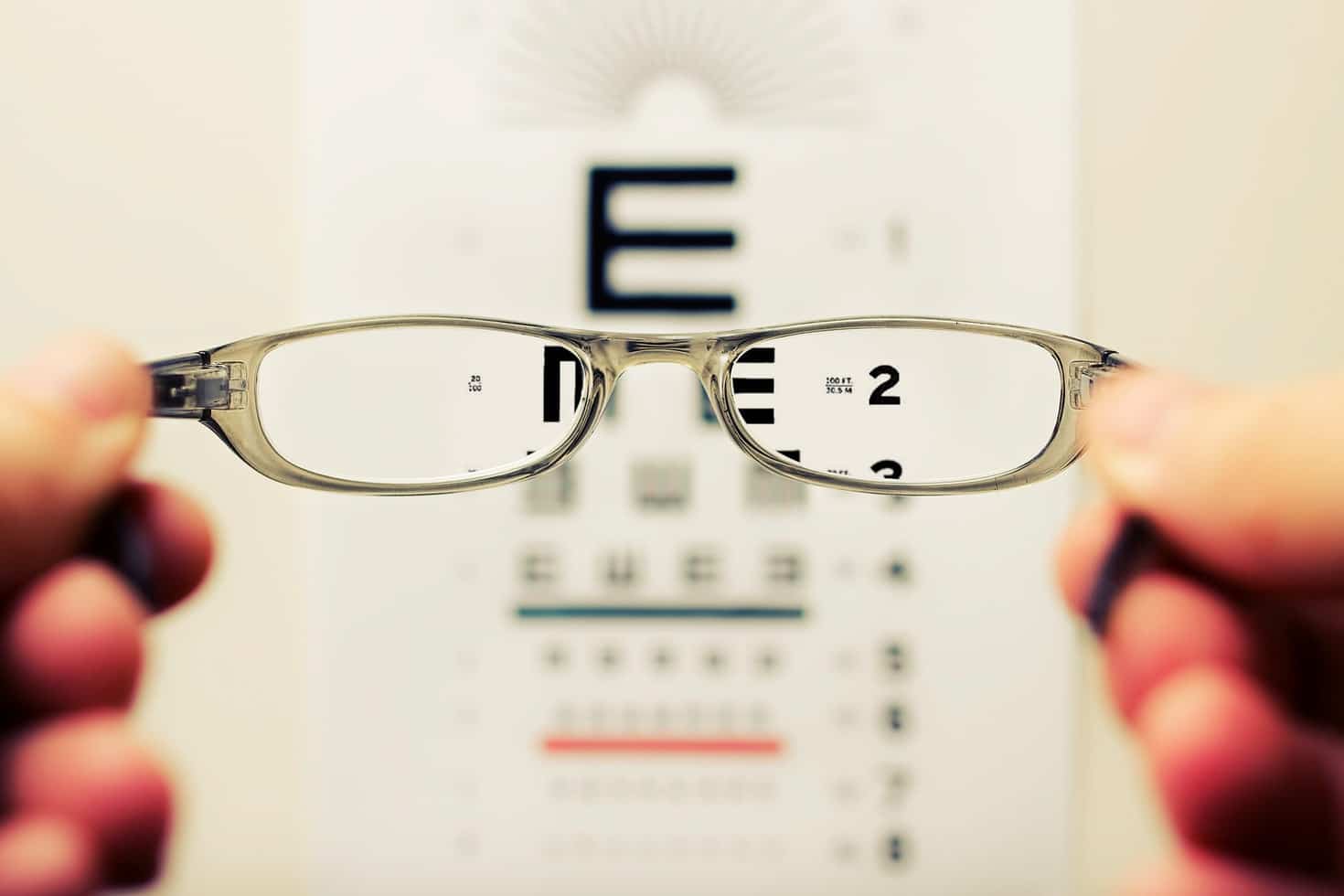
News
What Happens When You Get a Wrong Eyeglass Prescription?

Wearing prescription glasses is one of the ways people with refractive errors correct their vision. However, the problem may worsen if you get the wrong eyeglass prescription.
Ophthalmologists and opticians are undoubtedly the experts in eye care and vision health. While we put a lot of faith in their expertise, they’re only human and sometimes mistakes are made. Even after a careful fitting appointment, they might still give the wrong prescription.
Here are three possible things that may result from having a wrong eyeglass prescription. If you notice any of these signs, it’s best to contact your eye doctor.
Headaches
Headaches are the first sign of a wrong eyeglass prescription. If you’ve ever tried wearing someone else’s glasses and felt dizziness and a throbbing sensation in your head, it means you don’t have the same prescription as that person. Essentially, getting the wrong prescription involves the same feeling.
If you get frequent headaches a few days after getting your new prescription glasses but disappear when you take them off, it’s a sign you need a different prescription. Wearing the wrong glasses can strain your eyes as they try to adapt to the lens they see through, resulting in headaches.
Vertigo
Vertigo differs from dizziness in a way that it is more aggressive. Dizziness can be easily cured by sitting or lying down, while vertigo is a persistent feeling of being unbalanced when standing or sitting. Moreover, vertigo requires medical attention.
Having vertigo due to the wrong prescription lenses will affect your depth perception. In addition, if you have already had vertigo before, this will only worsen your symptoms, which is why you must speak to your eye doctor about correcting the lens.
Developing symptoms of vertigo after getting new prescription glasses should be adequately addressed. Aside from getting your prescription fixed, you should also be evaluated by a general physician. Sometimes, vertigo is caused by other serious health problems that need to be treated.
Blurred Vision
Having a blurred vision a few days after getting your new prescription is normal. Usually, they’re signs that your eyes are adjusting. However, if this symptom persists after a week, you should call your eye doctor so they can reevaluate your prescription.
On the other hand, if blurred vision is accompanied by headaches or vertigo, you should contact your eye doctor before the week is up. You should not let the symptoms escalate further.
Since eyes are very sensitive, they notice even the slightest change. While they can adjust well to new prescription glasses, blurred vision is a sign that something is wrong and that your vision health might suffer if left untreated.
The tiniest difference in the grade of your eyeglasses will throw off your vision. Even the slightest miscalculation can result in blurred vision, leading to headaches, migraines or vertigo.
Conclusion
You know your body better than anyone else. So if you feel like something is off with your new prescription glasses, it’s best to consult your eye doctor promptly. Don’t shy away from telling your physician your eye concerns and bring up a possible mistake in your prescription. Don’t compromise your vision health.
At Vision & Eyes, we have over 35 years of experience in optical care and we’ve built up a wealth of knowledge of what truly works. We believe that’s why our customers trust us with their eye care needs and why we’d love to help you with yours! Take care of your vision health with Vision & Eyes today! Get in touch with us!
